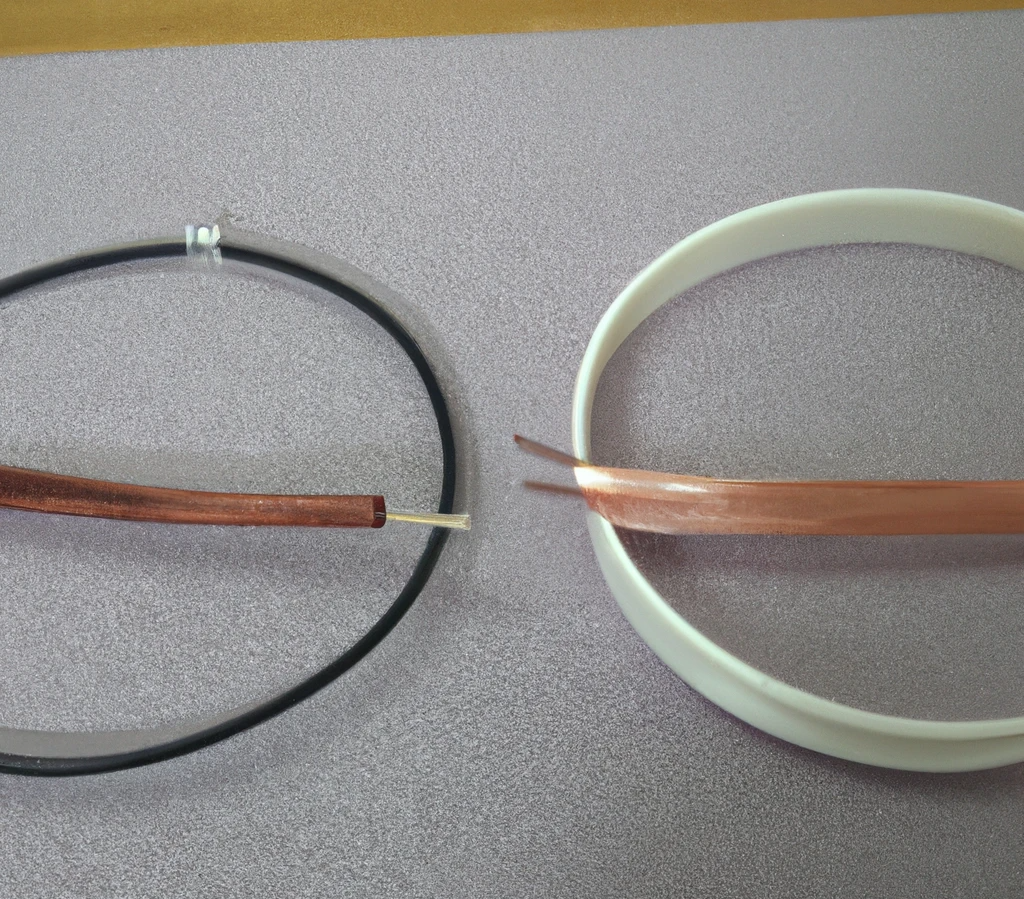
Comparing THHN and Romex Cable
When it comes to electrical wiring, there are a lot of options. But when you need something for general purpose wiring, two of the most popular choices are THHN and Romex cable. In this blog post, we'll discuss the differences between these two types of cable and which one is best for different applications.
THHN stands for Thermoplastic High Heat-Resistant Nylon Coated. It is a single conductor wire that is commonly used in indoor applications such as conduit or wiring in walls or ceilings. It is rated at 600 volts and is made from copper strands coated with nylon insulation. THHN cable has a higher temperature rating than other types of cable, making it suitable for high heat applications such as lighting fixtures or electric motors. The insulation on THHN also provides better protection against moisture, corrosion, and abrasion than other types of wires.
Romex cable is another type of electrical wire that is commonly used in residential applications such as lighting circuits and outlets. It consists of two or more insulated conductors surrounded by an outer jacket (the “sheath”). Romex cable is made from copper strands coated with polyvinyl chloride (PVC) insulation, which provides protection against moisture, chemicals, abrasion, and impact damage. Unlike THHN cable, Romex does not have a high temperature rating so it should not be used in high heat applications such as lighting fixtures or electric motors. Additionally, Romex cannot be installed outdoors unless it is specifically designed for outdoor use as the PVC insulation will degrade over time when exposed to UV light or extreme temperatures.
In conclusion, both THHN and Romex cables have their pros and cons depending on the application they are being used for. For general purpose wiring indoors such as conduit or wiring embedded in walls or ceilings, THHN cable is an excellent choice thanks to its high temperature rating and excellent protection against moisture and abrasion damage. However, if you're looking for a more affordable solution for residential projects like lighting circuits or outlets then Romex may be the better option due to its lower cost and ease of installation (no special tools required). Ultimately the decision should come down to what type of application you need the wire for—both have their strengths but each might be better suited for different purposes depending on your needs.
Whether you need THHN cables, Rolex cables, Belden alternative cables, bulk coaxial cables, or multi conductor cable, AudioVideoElectric can address all of your cable and wiring needs, and do it at a very affordable price.